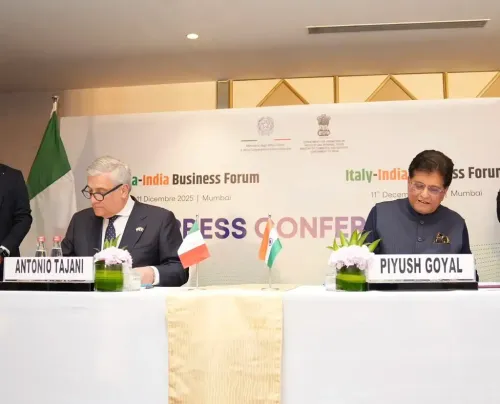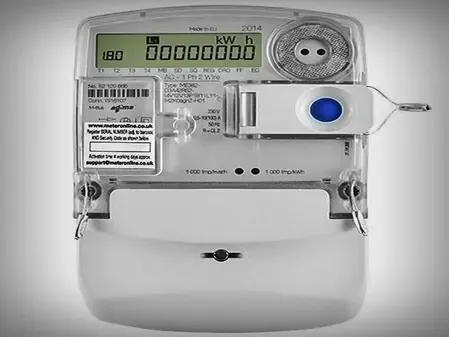India's Energy Storage Capacity Set for a 12-Fold Expansion by 2032: SBI Analysis

New Delhi, Dec 19 (NationPress) India's energy storage capacity is anticipated to expand 12-fold to roughly 60 GW by 2031-32, which will be instrumental in stabilizing the power grid during the nation's transition to renewable energy, according to a report by SBI Research.
The energy storage ecosystem in the country is advancing swiftly, with the share of renewable energy (RE) projects that integrate storage solutions rising significantly from 5 percent in FY20 to 23 percent in FY24, the report indicates.
This increase is expected to outpace the growth projected for renewable energy sources themselves.
The contribution of variable renewable energy (VRE) to power generation is predicted to triple by 2031-32, which poses risks to grid stability. The primary challenge is the inconsistency between VRE generation and peak power demand, often resulting in grid disruption, surplus energy during peak production hours, and ongoing dependence on fossil fuels during periods without solar energy.
The incorporation of Energy Storage Systems (ESS) is essential for navigating this transition and ensuring grid stability. ESS offers a solution by storing excess renewable energy during high production periods and releasing it when demand surges.
Battery Energy Storage Systems (BESS) and Pumped Storage Projects (PSP) are forecasted to lead the energy storage market, with BESS particularly standing out as the preferred technology due to its geographical flexibility, quick response times, and technological advancements that continue to lower costs, the report highlights.
Although PSPs face challenges such as extensive development timelines and potential stranded assets, their low operational expenses and capability to generate reactive power render them vital for grid stability.
The financing prospects for the BESS sector are substantial, with an estimated opportunity of ₹3.5 lakh crore through FY32, driven by both project-level investments and growth in upstream manufacturing, the report states.
Pumped Storage Projects, despite experiencing a slower growth rate due to their lengthy gestation periods, are still projected to contribute ₹1.2 lakh crore in investments by FY32, it further notes.
This development will aid India in decreasing its reliance on imports and bolster its battery ecosystem. Major companies are already making significant investments in battery manufacturing and component production, with around 120 GWh of cell capacities announced, though additional investments will be necessary to meet the anticipated demand, as emphasized by the SBI report.
At present, nearly 80 percent of BESS expenses are related to battery cells and associated components, with most of these sourced from China.










